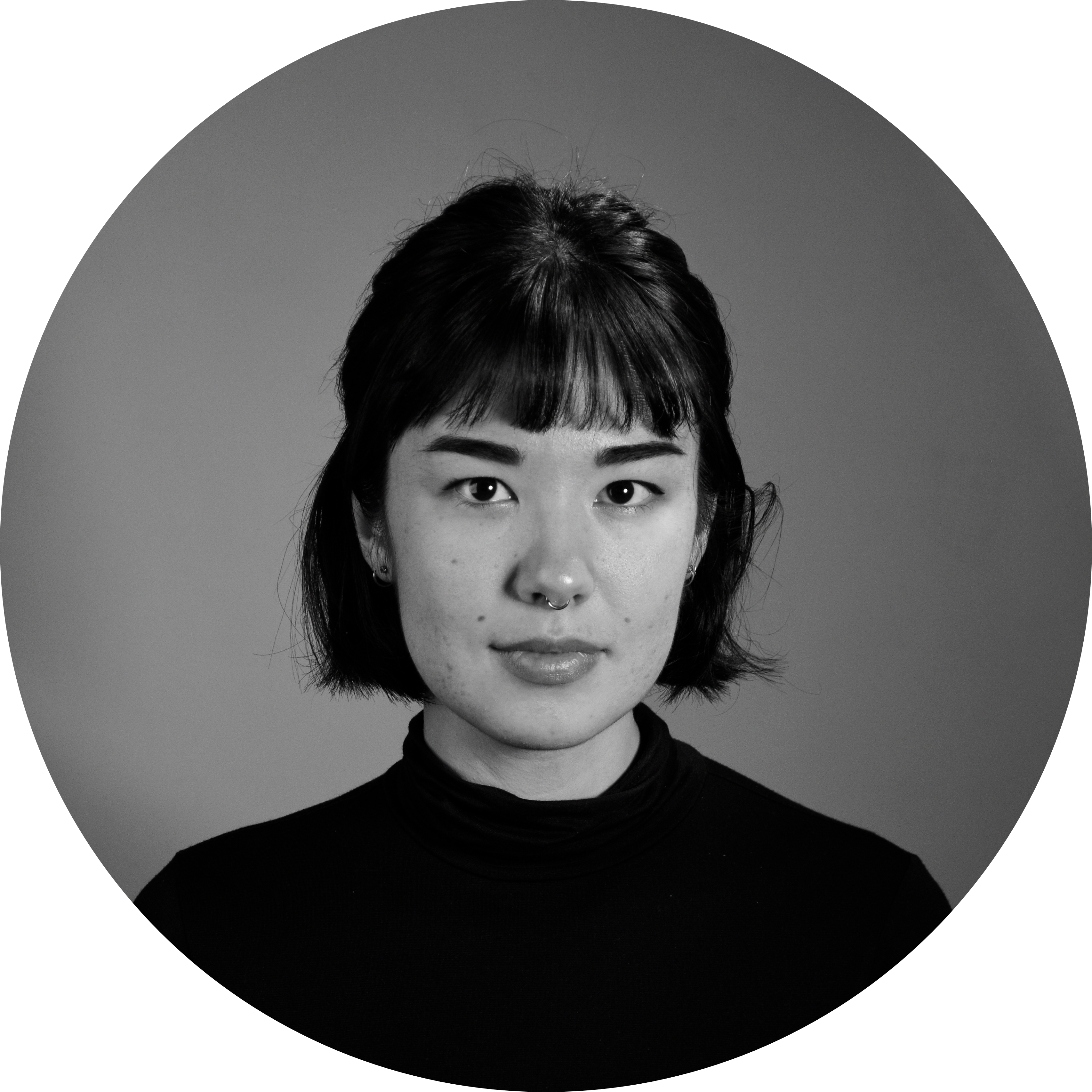Yuko Fedrau is a recent UBC graduate who majored in Art History, with a minor in Asian Canadian/Asian Migration studies. She loves analyzing any kind of culture—whether it is visual or literary—through a queer and postcolonial lens.
Why did you declare a minor in ACAM? What drew you to the program?
In April two years ago, I decided to attend an event called the “Annual ACAM350 Community Screening,” where, to my understanding, several student-produced documentaries and short films were being shown to an audience. My friend Sunny happened to be acting in one of the films, and I decided to attend since I was on campus anyways. I went in, expecting to quietly attend and slip out unnoticed, but I realized that I already knew half of the people in the crowd. It was as if all of the Asian kids from every different friend group that I had were all sitting together. I immediately felt like I belonged in this community, even though I didn’t even know that it existed before. The short films started playing on the big screen. Each film dealt with themes of Asian diaspora in one way or another—whether it was by interviewing real people in the community, or by portraying a fictional narrative. I had never seen so many films that were so relatable before, being played one after another, with a cheering and whooping audience reacting to every tearjerking or funny moment with such force that can only be called…familial. With this crowd, I knew that the goal wasn’t to watch a shiny, well-produced film. The audience wanted something deeper, more profound than that: the goal was to tell a story that everyone could relate to. I immediately knew that I needed to take this class next year, and somehow make it count for something in my degree.
What connections and ideas were you able to foster through ACAM?
My experience with ACAM began and ended in an introspective place. My first ACAM class, “English 480: Asian Canadian and/or Asian Transnational Studies” with Chris Lee started with an exercise in storytelling, where we were asked to share the narrative of our own, and our families’ lives in varying lengths of time. The goal of this exercise was to critically examine what types of stories we tell about ourselves, which details are deemed more/less important, and how this shapes other’s understandings of our past. Beginning with this exercise coloured the way I viewed everything I learned in this program. By the end of my degree, I was able to apply a critical lens on the knowledge I was receiving from the institution, where I learned how to treat historical information with a healthy dose of suspicion, as well as a generous dose of empathy and care. Additionally, I was able to get a better perspective on what larger global forces shaped my life experience—how it shaped the difficulties that I had, growing up mixed-race in a mainly white environment, but also, what privileges were simultaneously granted to me.
Have you completed any projects through or related to an ACAM course? If so, could you share your experiences and, if possible, share a link to your project.
ACAM’s emphasis on the use of media, art, and literature to tell stories produced a well of creativity within me that I thought had long dried up since transferring out of Emily Carr in my first year. Often working together with my creative partner-in-crime and fellow ACAM graduate Anne Canute, I was able to complete many artistic projects with the support of the program. Our first project together was a looping video installation piece called “Remainders,” where we combined cinematography with archival photographs, telling the story of Japanese-Canadian students on UBC campus before the internment. For Al Yoshizawa’s e also worked on “RICECAKE,” a short documentary about the queer Asian drag scene in Vancouver (which was shown at both Vancouver Queer Film Festival and Vancouver Asian Film Festival), and finally, “Canned Foreign,” an art exhibition featuring two other queer hāfu artists: Reiko Inouye, and Rose Butch. It was only because of the trust, acceptance, and faith in creative expression that the ACAM community fostered that I was able to release my passion onto these projects, and transform them from ideas into reality.
Interview about Ricecake: https://ricepapermagazine.ca/2019/08/interview-with-director-yuko-fedrau/ Article about Canned Foreign: https://www.ubyssey.ca/culture/hatch-2019-Canned-Foreign/
 Faculty of Art
Faculty of Art
